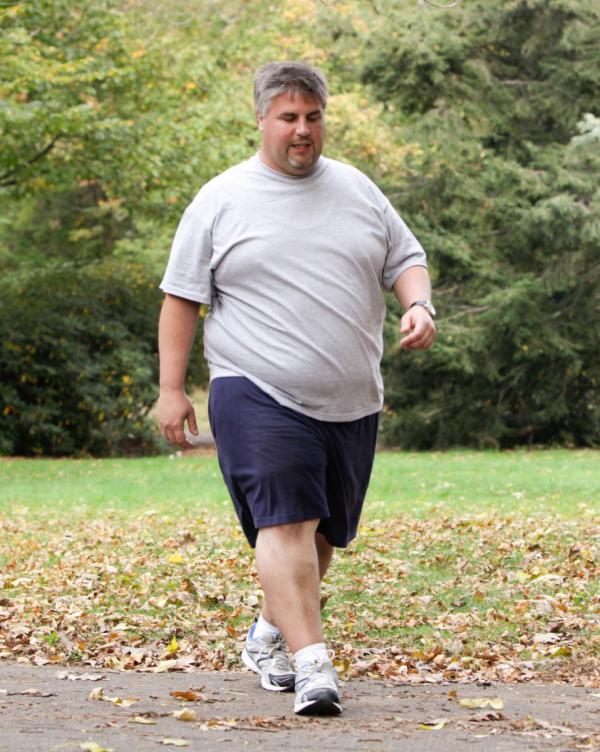Attempting Weight Loss Linked to Reduced Risk of Death
IRP Research Overturns Common Concerns About ‘Weight Cycling’
With 2021 less than a month away, many of the more than 200 million Americans who are overweight or obese are beginning to consider making weight loss their New Year’s resolutions — perhaps not for the first time. While trying to lose weight only to ultimately regain it may be disappointing, a new IRP study suggests that repeated attempts at weight loss significantly reduce a person’s risk of dying.



